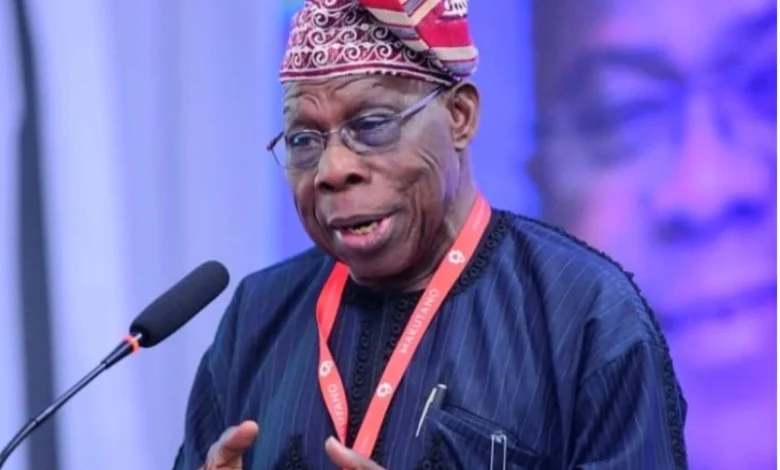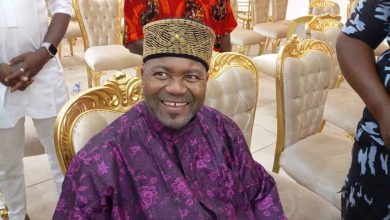Obasanjo sounds warning on consequences of speaking up on national issues

On Friday, January 10, 2025, former Nigerian President Olusegun Obasanjo revealed that his refusal to stay silent on national and international issues led to his imprisonment under the military regime of the late General Sani Abacha in 1995.
Obasanjo shared this insight during a conversation with 15 young men and women selected from across Africa, who were attending an interactive session at the Olusegun Obasanjo Presidential Library (OOPL). The session was part of the Future Africa Leaders Foundation’s initiative, which also recognized the 10 winners of the prestigious Future Africa Leaders Awards.
Reflecting on his life’s journey, Obasanjo explained that his outspoken nature, particularly on issues affecting Nigeria, was a key factor in his imprisonment. “Going into prison was really a challenge because I refused to keep quiet. For me, if there’s anything to comment on, I did comment on them, and so, I landed in prison. That is a challenge,” he stated.
Obasanjo went on to explain that the experience became a turning point in his life. After his military career ended at the age of 42, he transitioned into agriculture, but his time in prison profoundly shaped his future decisions. “When I came out of prison, the situation was so bad in the country that some people felt the need to be saved, and pressure started coming,” he said.
He also shared that his desire to help prevent Nigeria from collapsing was what motivated him to run for president in 1999, years after his release from prison.
Addressing the continent’s challenges, Obasanjo also spoke about the issue of African debt. He criticized some African countries for accumulating reckless debts and pointed to corruption as a major cause. “Most of the debts cannot be explained. Some are outright corruption,” he said, citing an example of a Nigerian state that repaid a loan for a carpet industry project that was never even started.
Obasanjo’s message to the youth in attendance was clear: they must take on constructive leadership roles to help shape Africa’s future.





